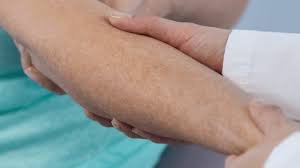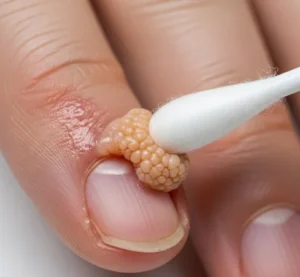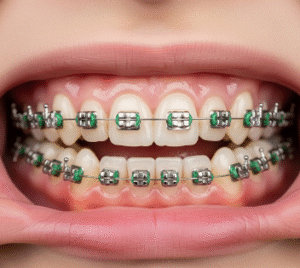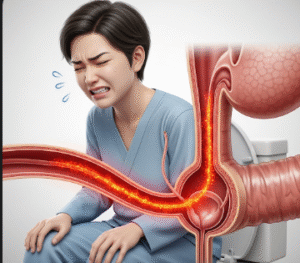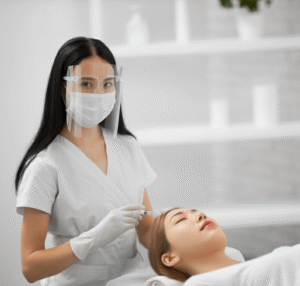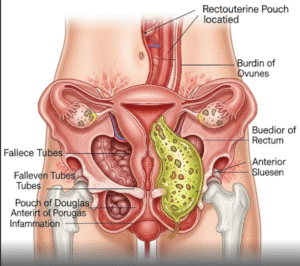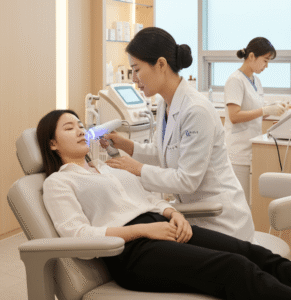Overview
Dermatomyositis (DM) is a rare autoimmune disease characterized by muscle inflammation and distinctive skin rashes. In Korea, patients with DM receive care in rheumatology and dermatology departments at major hospitals, where early diagnosis and treatment help prevent complications like muscle weakness and organ involvement.
What is Dermatomyositis?
Dermatomyositis is an inflammatory myopathy affecting skeletal muscles and skin. It may occur in adults or children (juvenile dermatomyositis) and is considered an autoimmune condition, often associated with autoantibodies targeting muscle and skin tissue.
Symptoms
- Muscle weakness, especially in shoulders and hips
- Fatigue and difficulty performing daily activities
- Rash on the face, eyelids (heliotrope rash), and knuckles (Gottron’s papules)
- Swelling or redness of the skin
- Difficulty swallowing in severe cases
- Joint pain or stiffness
Causes
- Autoimmune dysfunction leading to inflammation of muscles and skin
- Genetic susceptibility
- Environmental triggers such as viral infections
- Association with other autoimmune conditions
Risk Factors
- Age: juvenile DM occurs in children aged 5–15; adult DM typically 40–60 years
- Female gender (higher prevalence)
- Family history of autoimmune disorders
- Certain viral infections or environmental triggers
Complications
- Muscle wasting and chronic weakness
- Difficulty swallowing or breathing if respiratory muscles are involved
- Calcinosis (calcium deposits under the skin)
- Lung disease (interstitial lung disease)
- Increased risk of certain cancers in adult DM
Prevention
- No known method to prevent autoimmune onset
- Early recognition and prompt treatment to reduce complications
- Avoiding excessive sun exposure to minimize skin rashes
Treatment Options in Korea
- Diagnosis
- Physical examination and medical history
- Blood tests for muscle enzymes (CK, LDH) and autoantibodies
- Electromyography (EMG)
- Muscle and skin biopsy for definitive diagnosis
- Imaging (MRI) to assess muscle inflammation
- Medical Treatments
- Corticosteroids to reduce inflammation
- Immunosuppressive medications (methotrexate, azathioprine)
- Biologic therapies for refractory cases
- Pain management and treatment of skin manifestations
- Rehabilitation & Support
- Physical therapy to maintain muscle strength and mobility
- Occupational therapy for daily activities
- Sun protection and skin care to reduce rashes
- Patient education and support groups

